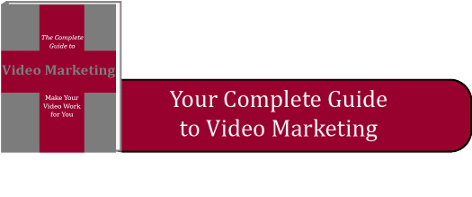On-page SEO is one of the easiest parts of your SEO strategy to nail. However, because of the ease, it can be easy to ignore.
First of all, what is SEO? It stands for Search Engine Optimization. We, marketers, love our abbreviations. SEO is an important part of your overall inbound marketing strategy.
For instance, when you put a search term in Google the algorithm is deciding what you want based on the words that you’ve entered. If your page pops up first for a search, you can bet you nailed your on-page SEO.
Proper on-page SEO is valuable because it lets you effectively tell the search engines about your page. It also works to help draw people to your site.
Here is the first few things to focus on to have proper page specific SEO.
Your first job is to pick your key phrase. This is the key to all of your on-page SEO. For instance, we want a page to show up first for “SEO company Charlotte NC.”
We use Hubspot for our keyword planning, but if you want a free option, you can use Google Keyword tool. Now enter in your possible keywords and decide on the best one for you.
There will probably be variations that you might choose. For example instead of “SEO company Charlotte NC.” “SEO Marketing Charlotte, NC.”
How do you know which variation of your keyword to chose? Well, the easiest keywords to rank for first are called “long-tail keywords.” If you look at the key phrase, we picked “SEO company Charlotte NC.”
We are not trying to rank for “SEO.” Firstly, it would be exceedingly difficult. Secondly, most of our clients are going to be in the Charlotte area or at least in North and South Carolina.
A good long-tail keyword strategy is to take the key phrase you want to rank for “SEO company” in this case. And then add a geographic area Charlotte, NC.
You can rank keyword effectiveness by a few factors.
Monthly searches: This tells you how often someone uses a key phrase to search online. Don’t be frightened by a “low” number here (this typically is less than 10). Also, bear in mind that it is harder to rank for a higher searched term.
Difficulty: This is pretty easy to figure out. “Difficulty” is how tough Google thinks that it is to rank for this keyword.

For the first few times you work on a ranking campaign, I would suggest going for phrases with less than a 20 of difficulty for the first stab. Our phrase of “SEO company Charlotte NC” has a difficulty of 21 and a search of 170.
Not too bad if we can rank for it in the top 10 and preferably top 3. Preferably number one. The difference between the click a number one ranked site gets besides a number two is pretty dramatic. The first result gets about 33% of the traffic and the second gets about 18%. That is a huge drop-off.
Next step:
Test your key phrase: Put your key phrase in a search engine and see what comes up. Is it results that you would expect to see? Would your website work for this result? If not, you might want to rethink your key phrase or hone it a bit. If your site is very different from the other results, there is a chance Google could penalize you.
Interested in learning more about inbound marketing and SEO? Sign up for our blog and receive weekly tips about all things marketing. And you will get the continuation on this topic coming soon!

